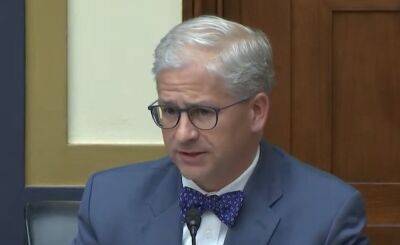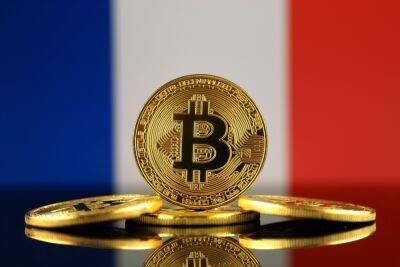French central bank looks at certification, incorporation as part of DeFi regulation
The Banque de France has contributed to the discussion of European crypto asset regulation with a close examination of decentralized finance (DeFi) and potential approaches to its regulation. This discussion is timely because of the growing use of tokenization in finance and the introduction of blockchain technology in many economic sectors, the authors said.
The paper, written by members of the Fintech-Innovation Hub at the French central bank’s Autorité de contrôle prudentiel et de résolution, noted that the term DeFi hides a range of crypto asset services, technologies and associated risks, they said. Those risks cannot be adequately addressed with current regulation:
The paper suggested that regulation through certification could strengthen blockchain infrastructure security, decentralized autonomous organizations (DAOs) might be supervised by making them incorporate and control over the intermediaries that allow access to DeFi services could enhance customer protection. As currently written, the European Union’s Markets in Crypto Assets regulation (MiCA) excludes fully decentralized services from its scope, and would have to redefine "crypto asset service providers" to make it possible to extend regulation to DeFi intermediaries.
Blockchain code could be subject to minimum standards, the paper argued. However, controlling the concentration of validation capacities in a DAO would be fraught with complexities and knock-on effects in a public blockchain, so the authors preferred a “resolution mechanism” that can be triggered after a cap has been reached. A private blockchain has the advantage of selecting trusted players, but would require a more specific regulatory framework.
Related: French central bank pilots
Read more on cointelegraph.com









